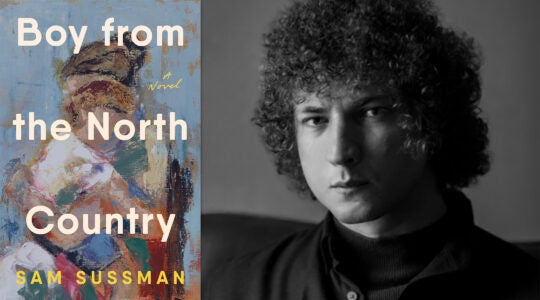Over at Foreign Policy’s The Cable, Laura Rozen extracts something of a consensus on the Obama administration’s emphasis on a settlement freeze: from J Street’s Jeremy Ben Ami and a denizen of Papa Bush’s administration through a "right leaning" Jewish establishment type and by way of David Makovsky at the Washington Institute for Near East Policy, everyone wonders if the freeze is the right thing to stress right now:
"I think it is extremely important to send this firm message," on his resolve to solve the Israeli-Palestinian dispute, said Jeremy Ben-Ami, president of the left-leaning pro-peace group J Street. "But if one is choosing something to have a true, go-to-the-mat moment with between the U.S. and Israel, should one really choose it on a piece of puzzle, or do it around a real resolution on how to go forward and try to end the conflict?"
(snip)
"The current approach of the administration, with its focus on the phrase ‘settlement freeze,’ sadly uses an axe when a scalpel is needed," [Makovsky says]. "The current approach sets an unrealistic bar. If the Israelis want to build vertically without expanding the constructed footprint of the settlement, this has nothing to do with any conceivable interpretation of land encroachment. Therefore, by perpetuating the impasse with Israel instead of bringing it to a swift conclusion, [the United States is] blocking the very idea that the we seek to promote: commencing Israeli-Palestinian negotiations."
"Mitchell asks Israel for a complete settlement freeze, but hasn’t put it into the proper context," a former senior George H.W. Bush administration official told Foreign Policy on condition of anonymity. "He’s trying to create the appropriate conditions for peace negotiations for a two-state solution. However, the negotiations must be prefaced by the administration stating the parameters of a two-state solution, which are widely known. Starting talks without that context and without U.S. engagement will be futile given the level of distrust on both sides."
In an effort to try to bring along a key domestic constituency, and an indication of the political sensitivity of the issue, Obama recently invited leaders of American Jewish groups to the White House to discuss his thinking on the Middle East as well as domestic policies, such as healthcare.
"My sense is they know that while they got a majority of the Jewish vote … that there is an unease in the community," said one involved right-leaning Jewish leader who met with Obama earlier this month, who asked to speak anonymously. "I think they know they have a problem. [Dennis] Ross is being brought in" to the White House because they know "they have some problems in the policy. But that doesn’t mean the policy will change."
JTA has documented Jewish history in real-time for over a century. Keep our journalism strong by joining us in supporting independent, award-winning reporting.





